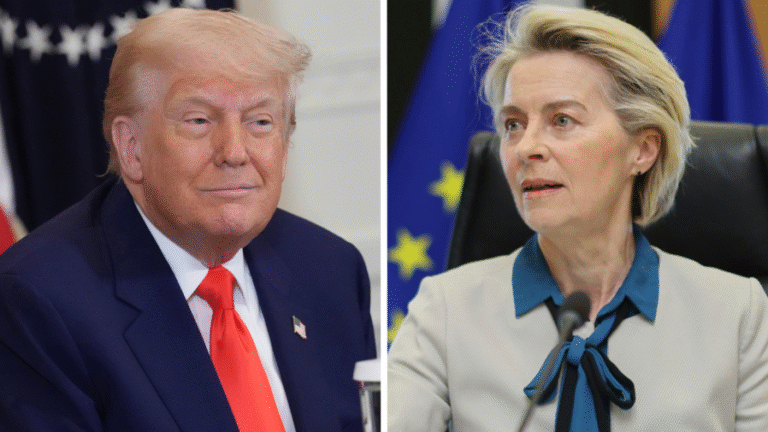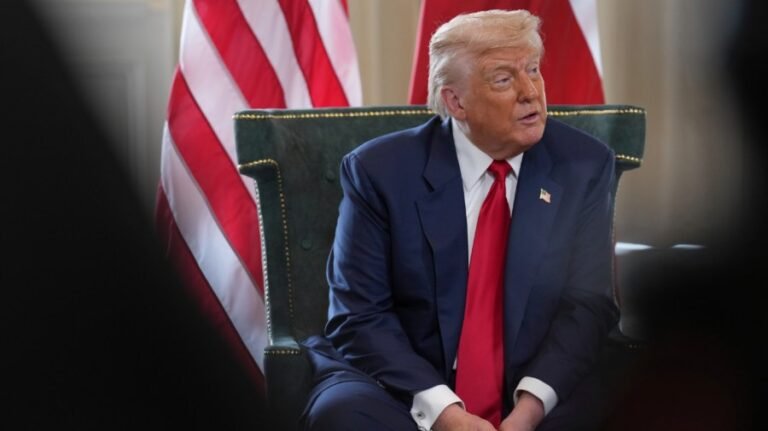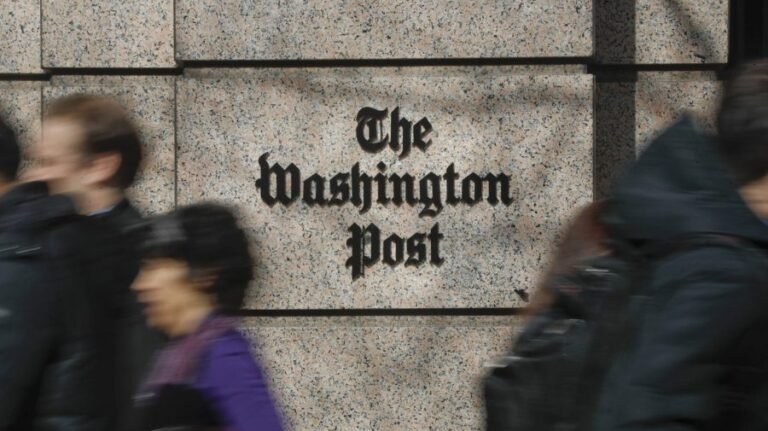Congress voted to pass a massive budget package that, among other things, drastically cuts clean energy tax credits to reduce federal spending. Claiming victory, President Trump signed the One Big Beautiful Bill Act into law on July 4.
Indeed, taxpayer dollars subsidizing any special industry can play havoc with the intelligence and efficiency of the free market system. That said, the obvious question is this: Why only the renewable subsidies? Why were fossil fuel subsidies not also eliminated?
Lowering the tax burden from fossil fuel subsidies would have offered substantial savings to our federal budget. The U.S. government funnels $10 billion to $15 billion per year to the industry through tax breaks, direct spending (federal programs and infrastructure support), and below-market leases on public lands. Such preferential treatment is sometimes called “corporate welfare.”
Taxpayers actually pay twice for these subsidies, because we also foot the bill for rising costs of localized pollution and climate impacts resulting from increased greenhouse emissions. These federal subsidies benefit profitable oil, gas, and coal companies at taxpayer expense.
But instead, the budget bill added a new stack of subsidies for the oil and gas industry. For example, it rolled back royalty fees for extraction on public lands to 1920 rates. It added a new tax credit for intangible drilling and development costs. It increased the value of existing tax credits for use of carbon dioxide to boost extraction. It stalled implementation of a pollution fee on wasted methane flared or vented from oil wells. It also added noncompetitive leasing rules that can offer energy companies bargain-basement prices.
The bill also gave the coal industry new subsidies, slashing royalty payments on public lands from 12.5 percent to a maximum of 7 percent for all existing and future leases. There is also a new 2.5 percent tax break for extraction of metallurgic coal, which is hard to justify from an “America First” perspective. Almost all metallurgic coal mined in the U.S., after all, is exported, primarily to China and India, where it is used to manufacture carbon-intensive steel that out-competes cleaner U.S. steel on the global market.
Pollution reduction results in healthier communities and fewer health and disaster costs. There is a fundamental contradiction in providing financial support to companies that are not held financially responsible for the damaging consequences of what they produce, even while eliminating support for clean energy sources like solar and wind.
A case can be made that all energy subsidies — whether for fossil fuels, nuclear, or renewables—should be eliminated in the U.S. to create a truly competitive, transparent, and market-driven energy sector. Subsidies distort pricing, shield inefficient technologies from natural market pressures, and lead to inefficient allocation of public funds.
While initially helpful in developing emerging industries, long-term subsidies can lock in political favoritism, suppress innovation, and over-burden taxpayers. Removal of subsidies forces energy producers to compete on a level playing field, where cost, efficiency, and sustainability — not government handouts — determine success. This approach would not only save billions in federal spending but also encourage more cost-effective energy solutions driven by actual demand and performance.
Uneven standards, where government energy subsidies are granted to some, such as fossil fuels, and not to others, such as clean energy, result in higher energy costs for consumers. If we stop subsidizing America’s richest energy companies and oldest industries, we could lower the deficit without cutting essential services and free up more funds for public investment. We need smarter policy that results in fairer energy markets and global energy leadership.
Eliminating subsidies is often economically rational but politically difficult, but our individual action can play a meaningful role in shifting political momentum, especially when it is sustained and collective.
Congress can still, and should, phase out all energy subsidies, not just the current clean energy cuts.
Susan Atkinson is a climate activist and volunteer with Citizens Climate Lobby.


